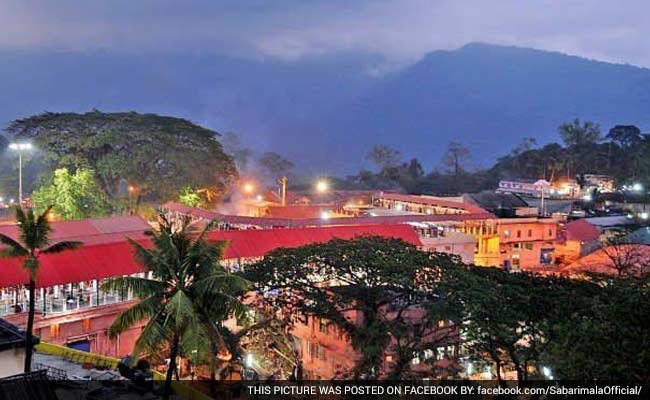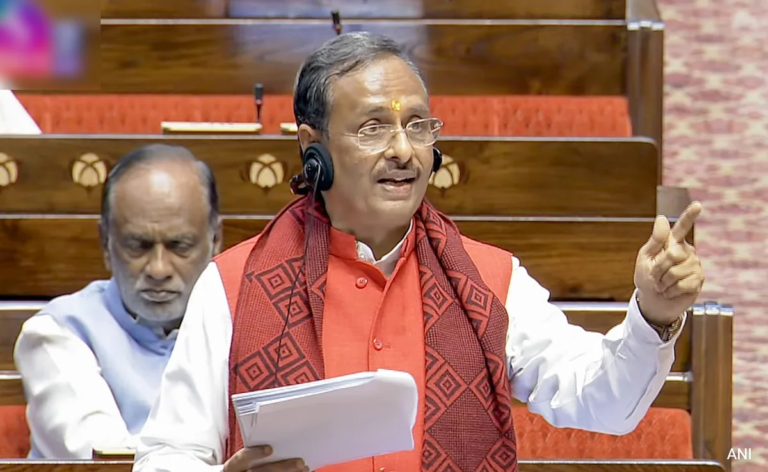
Chennai:
India’s first vertical lift sea bridge at Pamban in southern Tamil Nadu will be opened in January to restore rail connectivity to Rameswaram island from the country’s mainland.
The 2.08-km-long bridge, constructed by the Rail Vikas Nigam Limited (RVNL), is expected to allow the Indian Railways to operate trains at a higher speed.
It has been built parallel to an existing bridge that was constructed by the British and is believed to be 110 years old.
Officials said that unlike the heritage structure, the girders from each side of the new bridge will open up like a butterfly to allow ships and other vessels to pass through. A lift span, which is 72.5-metres long, 16 metres wide and weighs 550 tonnes, can be lifted up automatically up to 17 metres.
Although the Commissioner for Railway Safety has given his nod to run trains on the bridge, he has flagged key concerns, including inadequate measures to check corrosion and deviation from the girder’s original design.
However, authorities said the concerns are being addressed. “We have made a robust 250 micron level coat and this has qualified CECRI (Central Electrochemical Research Institute)’s test,” said R Srinivasan, Senior Deputy General Manager, RVNL.
On complaints of design deviation, Mr Srinivasan said: “It’s a new concept and both IIT Madras and IIT Bombay have approved our design.” The original design was conceptualised by the Research Design and Standards Organisation of the Indian Railway.
He also said the bridge is ready for inauguration, and that the structure will last for a 100 years.
The train services between Mandapam in the mainland and Rameswaram island were suspended on December 23, 2022 after the existing rail bridge was declared non-operational from the safety point of view. Severe corrosion had made it weak and unfit for operations, officials said.
At present, all trains terminate at Mandapam and people use road routes to reach Rameswaram.
Prime Minister Narendra Modi had laid the foundation stone of the new bridge in November 2019. The work started in February 2020 and was supposed to be completed by December 2021, but the deadline was extended due to the Covid-19 pandemic.




